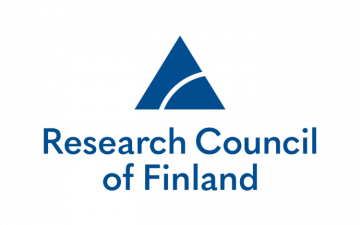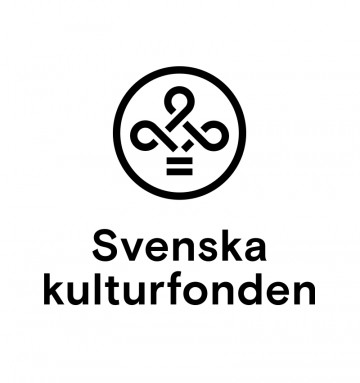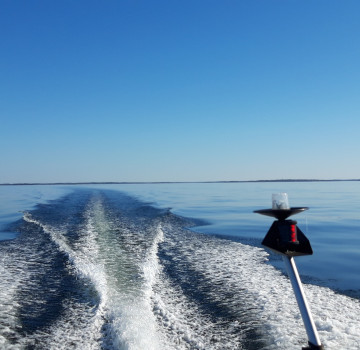What is this project about?
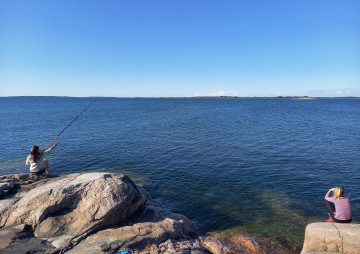
The quality of zooplankton affects our lives—for example, through the quality of the fish we eat.
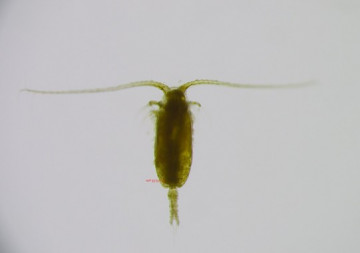
Microscopic image of Clausicalanus
Upcoming studies
Study I: How does long-term exposure to low pH impact genetic adaptation, plasticity, and fitness of zooplankton?
In this project, we will study fitness, physiological markers, and gene-expression profiles of zooplankton from areas, where release of volcanic CO₂ decrease sea water pH. We aim to increase knowledge about adaptation mechanisms of zooplankton to low pH.
Study II: How metabolism and cellular homeostasis of marine species are adapting to gradients of environmental factors?
The costal sea of northeastern Pacific Ocean is offering study area with gradually changing temperature, pH and salinity due to El Niño heatwaves and California Current System (CCS). In this project, we study metabolism and cellular stress of crabs alongside of gradually changing environmental conditions.
Study III: How will ocean alkalinity enhancement (OAE) affect plankton inhabiting in the Baltic Sea?
Artificial increases in alkalinity of sea water could be a solution to accelerate the ocean carbon sink capacity and improve sea water quality locally. We will organize large-scale mesocosm experiment with ocean alkalinity enhancement approach in Gulf of Finland and measure key variables about fitness and physiology of zooplankton and sea water carbon chemistry.
Funding
